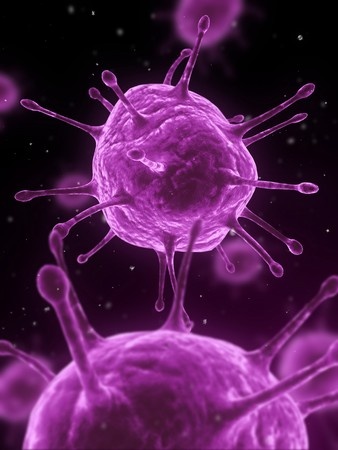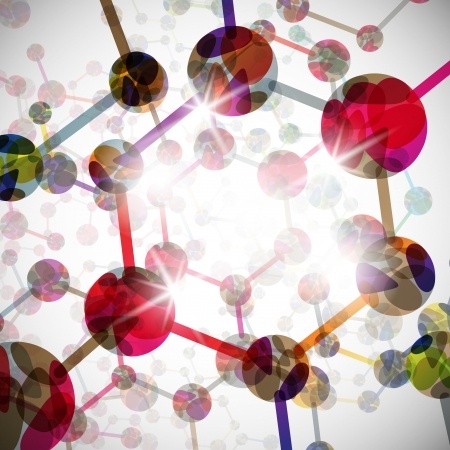Risky vaccines, hormones that mimic exercise, masculinization of genitals, Mars and global warming stalled. You couldn’t ask for a more eclectic collection of current science news stories for your science class.
SciNews is published every Monday and Thursday. Stay tuned for more
 Biology
Biology
Newly discovered hormone mimics the effects of exercise. Science Daily
Scientists have discovered a new hormone that fights the weight gain caused by a high-fat Western diet and normalizes the metabolism — effects commonly associated with exercising. When tested in mice, the hormone blocked the negative health effects of eating a high-fat diet. Read more..
Chemistry
Phthalates potentially alter levels of a pregnancy hormone that influences sex development. Science Daily
Exposure to hormone-altering chemicals called phthalates — which are found in many plastics, foods and personal care products — early in pregnancy is associated with a disruption in an essential pregnancy hormone and adversely affects the masculinization of male genitals in the baby, according to new research. The findings focus on the role of the placenta in responding to these chemicals and altering levels of a key pregnancy hormone. Read more..

Physics
Can Carbon Dioxide Replace Steam to Generate Power? Scientific American
Much has changed in the modern electric power plant since Thomas Edison’s era, but the parts that actually turn heat into electrons haven’t changed since his eureka moments. Whether burning coal, concentrating sunlight or splitting atoms, most thermal power plants use the energy for the same thing: heating water into steam to drive a turbine. Steam-based generation produces 80 percent of the world’s electricity. Read more..
Earth and Space Science
Mars: The planet that lost an ocean’s worth of water. Science Daily
A primitive ocean on Mars held more water than Earth’s Arctic Ocean, and covered a greater portion of the planet’s surface than the Atlantic Ocean does on Earth, according to new results published today. An international team of scientists used ESO’s Very Large Telescope, along with instruments at the W. M. Keck Observatory and the NASA Infrared Telescope Facility, to monitor the atmosphere of the planet and map out the properties of the water in different parts of Mars’s atmosphere over a six-year period. These new maps are the first of their kind. Read more..
The “Pause” in Global Warming Is Finally Explained. Scientific American
Let’s be clear: The planet is still getting hotter. The so-called pause, or hiatus, in global warming means the rate of temperature rise has slowed. The average global temperature is still going up, but in the past 10 to 15 years it hasn’t been going up as quickly as it was in the decades before. Read more..



